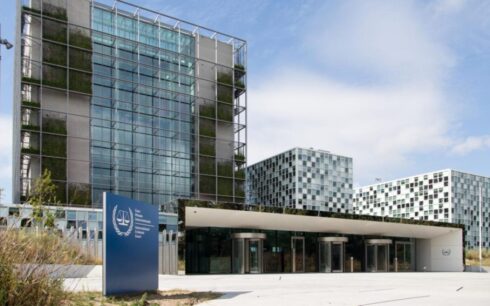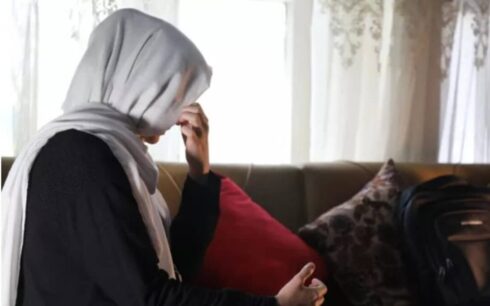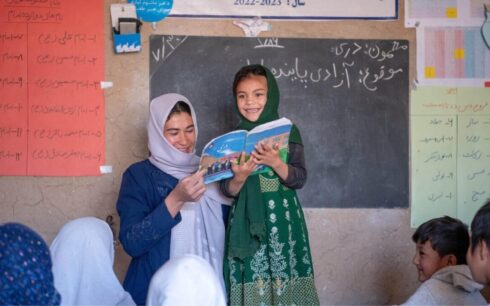WASHINGTON — The Taliban’s policies have reduced Afghan women and girls to a state of being “faceless and voiceless,” according to Michael Ashkouri, Deputy Mission Director for the U.S. Agency for International Development (USAID).
In a video message marking the 16 Days of Activism campaign against gender-based violence, Ashkouri criticized the Taliban’s Ministry for the Promotion of Virtue and Prevention of Vice, describing its laws as exacerbating an already dire situation for women in Afghanistan.
“The outrageous Taliban law promoting virtue and preventing voice has taken an extreme situation and made it even more dire. Already faceless, now women have become voiceless,” Ashkouri said, calling for amplified efforts to restore women’s rights in Afghanistan.
Restrictions on women’s education
Since the Taliban’s return to power in August 2021, Afghan women and girls have faced an unprecedented crackdown on their freedoms. Girls above grade six have been banned from attending school, and women’s access to higher education has been entirely cut off with the closure of universities for female students.
Most recently, the Taliban extended these restrictions by barring women from studying in medical institutions, a move that has drawn widespread international condemnation.
Human rights organizations have described the Taliban’s policies as “gender apartheid” and “misogynistic,” emphasizing the devastating consequences for women’s rights and access to essential services.
The United Nations condemned the ban on women attending private medical institutions, calling it a “profoundly discriminatory” measure that further erodes the rights of Afghan women and exacerbates the country’s healthcare crisis.
“The move eliminates one of the last avenues for Afghan women to pursue higher education and worsens the nation’s already dire shortage of female healthcare workers,” the Office of the U.N. High Commissioner for Human Rights said in a statement.
The international community, including Muslim nations, has repeatedly criticized the Taliban’s policies, urging them to reverse its restrictions on women and girls.





